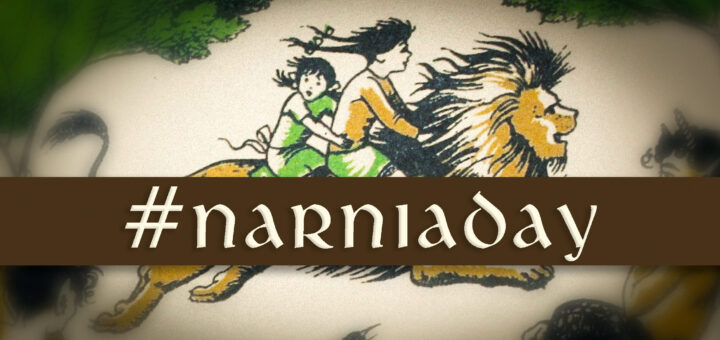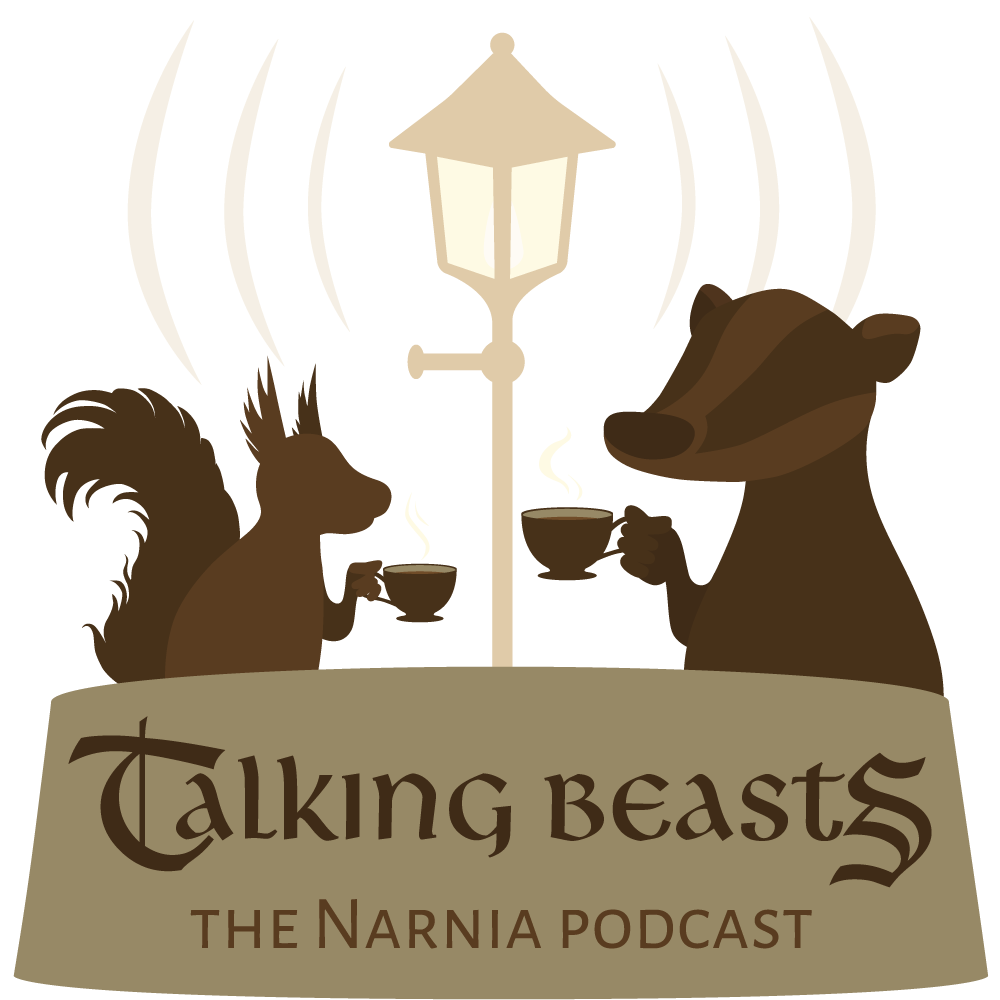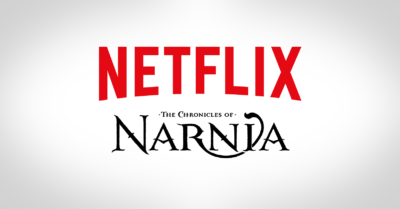Narnia Day 2019

Today marks 69 years since C. S. Lewis introduced us to the world of Narnia.
Despite publisher Geoffrey Bles’s fears that The Lion, the Witch and the Wardrobe would harm Lewis’s reputation and hurt sales of his other books, it was eventually translated into 47 languages. Last year, The Chronicles of Narnia ranked #9 on PBS’ Great American Read list.
Why has Narnia lasted while countless other stories have been forgotten?
Comment below or in the Narnia Facebook Group.
#NarniaDay
The Chronicles invite us to enter a world that is wonderful and meaningful: that is to say, full of wonder and filled with meaning. In Narnia, neither the planets, nor the stars, nor all the myriad of heavenly bodies are cold, distant, and aloof. When Othello exclaims that it is “the very error of the moon; / She comes more nearer earth than she was wont, / And makes men mad,” ( 5.2.135. ) he says something that should disturb and frighten us. But it should inspire us as well with a deeper sense of numinous awe. Could it be that there is a true link, an intimate connection between the heavens and the earth, between the macrocosm around us and the microcosm within us? Could the universe really be like that?
Dr, Louis Markos (full article)






I suspect the key ingredient that has made Narnia last is how well it conveys pure joy. Few stories seem interested in spending much time on that.
I can’t think of any other stories I want to revisit again and again because I want to feel the joy again. Many of the most memorable moments in Narnia have minimal plot suspense.
I recently started rereading the Silver Chair… good timing!
I find it interesting how much people didn’t like the books when Lewis presented them. Tolkien himself, who almost didn’t finish the LOTR books without Jack’s encouragement, didn’t want Jack to publish Narnia any more than Geoffrey Bles did. Just goes to show why critics shouldn’t be taken as a final authority on things like this.
Truth.
The Whole Truth.
And Nothing, But The Truth.
Narnia never appealed to my joy-buttons, not in an easy way at least. In fact, personally, I’ve often found Narnia to be frustrating and emotionally Narnia never appealed to my joy buttons: In fact, personally, I’ve often found Narnia to be emotionally Unsatisfying. Not structured like a proper novel. Important characters weren’t developed. There wasn’t thorough development in the stories. The beginning of the books are far longer than the ends of the books where the “real” story happens. Blah etc.
And yet I LOVE them, because they’re mine. They belong to me. And they belong to a great many others as well. I wish I could make it to Narnia, but almost more than that, I wish to be in-dragoned like Eustace was in VDT, so that I am able to experience true joy the way I was meant to.
Narnia has lasted because of its depth and genuine sincerity. There are few other fairy tales which can create such believable fantasy. The books takes place in a world which in many ways is better than our own (there seems to be more goodness in it). Those who enjoy fantasy seem to like it that way, and that is why the books have endured so long as classics. 🙂
Narnia, for me, was like a crazy mouse that ran around pressing all kinds of “buttons” – joy was definitely one of them, but not the only one by far. I could write so much more (and have written it, and then deleted it) on this subject, I think you just gave me next week’s blog post! Thanks. 😀
Seriously though, next year will be 70 years since Wardrobe came out? That is incredible! I had no idea it had been around that long.
69 years? Wow, that’s like 3 and a half times my age!
And I quote: “Like a fine wine, you keep getting better with age.”
I know I’m late, but 69 Years? Nice
I’m a bit late to the party too, but how exciting to think that next year it’ll be 70 years!! Does anyone know if there are special anniversary editions of each of the Chronicles being planned?
As for why Narnia has lasted, I’d agree with some others here that part of it is the sheer, pure joy and goodness in these stories (believable, but not sugar-coated — there are some very dark parts as well). Also, they’re relatively simple but never too simple; they have plenty of strong, believable, memorable characters; there’s enough variety in the series that it never becomes repetitive; it appeals to a range of ages; and the stories all have a clear moral message that’s deeply Christian but rarely overt, let alone preachy, so they can be enjoyed on different levels — as an exploration of what it means to follow Christ, or just as great stories about the battle of good versus evil in a magical world. I think that broad appeal has something to do with why they’re still popular and have never been relegated to the niche market of “Christian fiction” — they’re for everyone, not just readers of a particular faith or worldview. (But if you do pick up on that deeper message in them, it may just change your life — it did for me.)